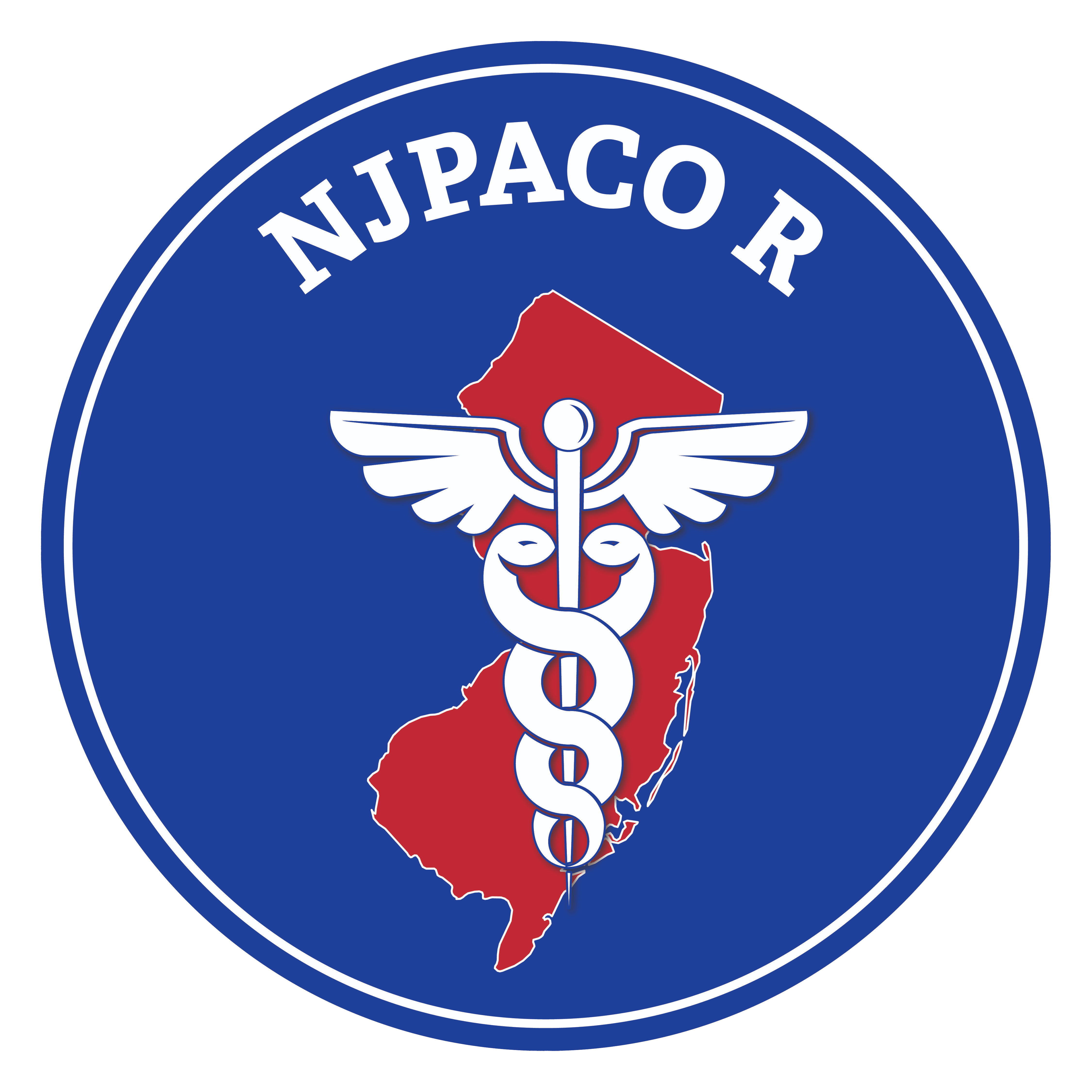Tobacco smoking has devastating effects on health. The smoke damages the lungs, resulting in a diminished ability of oxygen to enter the body. Smoke long enough and eventually you will get emphysema. Various chemicals in smoke enhance the development of atherosclerosis (hardening of the arteries), leading to strokes and heart attacks. One of tobacco’s chemicals, nicotine, acts directly on the brain, causing an addiction to smoking. Smoking is related to a number of cancers. If you smoke, you have a 50% chance of dying from a smoking-related complication and will live 10 fewer years than if you did not smoke. Despite these risks, 20% of all adult Americans smoke.
Because the nicotine in tobacco is addictive, quitting smoking can be challenging. Half of all current smokers have tried to quit in the past year, but only 6% of those who quit on their own, without help, will have succeeded in stopping smoking within a year. Fortunately, there are treatments that work.
BEHAVIORAL SUPPORT
Get help and support to quit and stay quit.
You can get free smoking cessation help by calling 1-800-QUIT-NOW (800-784-8669).
Pick a date in the next month to stop smoking completely.
Seek advice from your doctor.
MEDICATIONS
Nicotine replacement: The nicotine in cigarette smoke causes a chemical addiction. When a person is trying to quit smoking, the lack of nicotine causes anxiety, depressed mood, irritability, restlessness, and insomnia. Replacing nicotine through a skin patch maintains a blood level of nicotine, resulting in fewer of these symptoms. Nicotine gum, lozenges, inhalers, or nasal sprays provide a short burst of nicotine and also make it easier to quit smoking by reducing acute craving for cigarettes. Inhalers and nasal sprays require a doctor’s prescription, but the other nicotine preparations do not.
Bupropion: Bupropion is a medication used to treat depression that increases brain levels of dopamine. This brain chemical is also released by nicotine so that bupropion mimics the effects of nicotine, making it easier to stop smoking. People who quit smoking tend to replace the smoking habit with eating and gain weight. This medication helps avoid that weight gain temporarily.
Varenicline: This drug binds to part of the nicotine chemical receptor in the brain. It simulates part of nicotine’s effects, reducing the symptoms people experience when they try to quit smoking. It also blocks the brain nicotine receptor from binding nicotine, reducing the effect nicotine has on the brain if people continue to smoke.
Unproven treatments include:
Electronic cigarettes: These new and unproven devices deliver nicotine into the lungs through a device that looks like a cigarette. It is not known if these devices are effective or if they are safe. They are not regulated by the US Food and Drug Administration.
Smokeless tobacco: Products like chewing tobacco and snuff are placed in the mouth or nose and deliver nicotine. These products are associated with a risk of developing cancer or nicotine addiction. They are not considered safe alternatives to smoking.
FOR MORE INFORMATION
Centers for Disease Control and Prevention
www.cdc.gov/tobacco/data_statistics/fact_sheets/smokeless/smokeless_ facts/; www.cdc.gov/tobacco/osh/index.htm
American Lung Association
www.lung.org/stop-smoking/
National Cancer Institute
www.cancer.gov/cancertopics /tobacco/smoking
“Smoking Cessation” by Edward H. Livingston, MD & Cassio Lynm, MA, for JAMA on October 17, 2012 at http://jama.jamanetwork.com/article.aspx? articleid=1383235
This JAMA Patient Page is a public service of JAMA. The information and recommendations appearing on this page are appropriate in most instances, but they are not a substitute for medical diagnosis. For specific information concerning your personal medical condition, JAMA suggests that you consult your physician.
